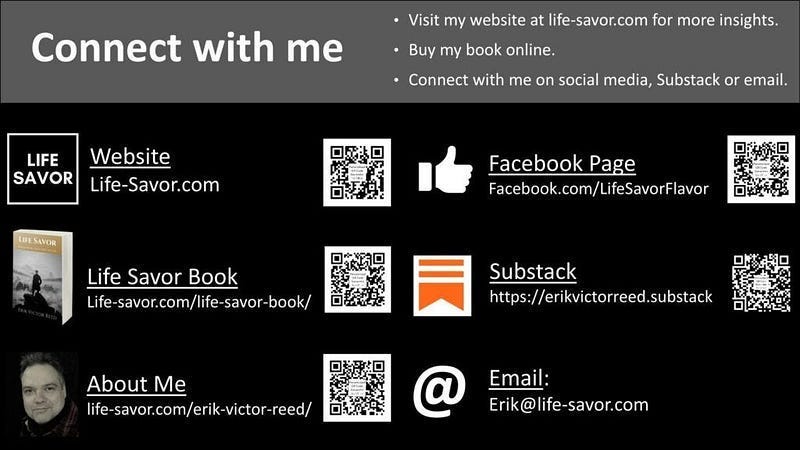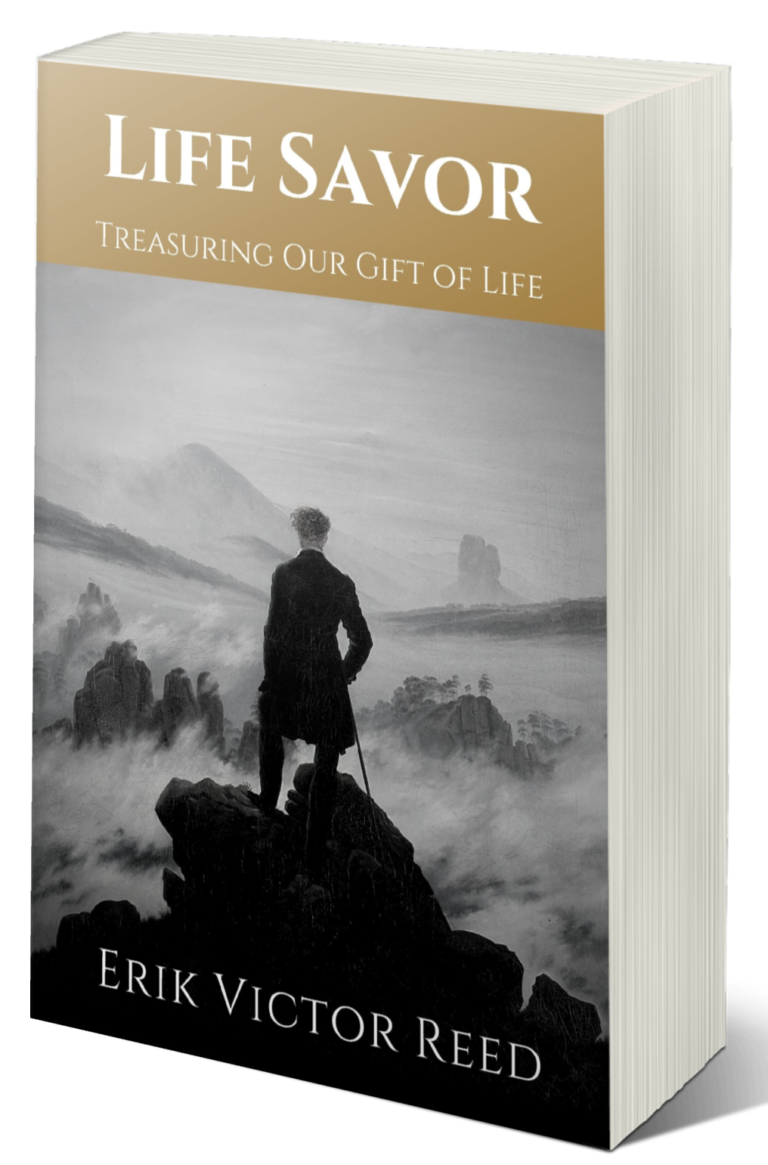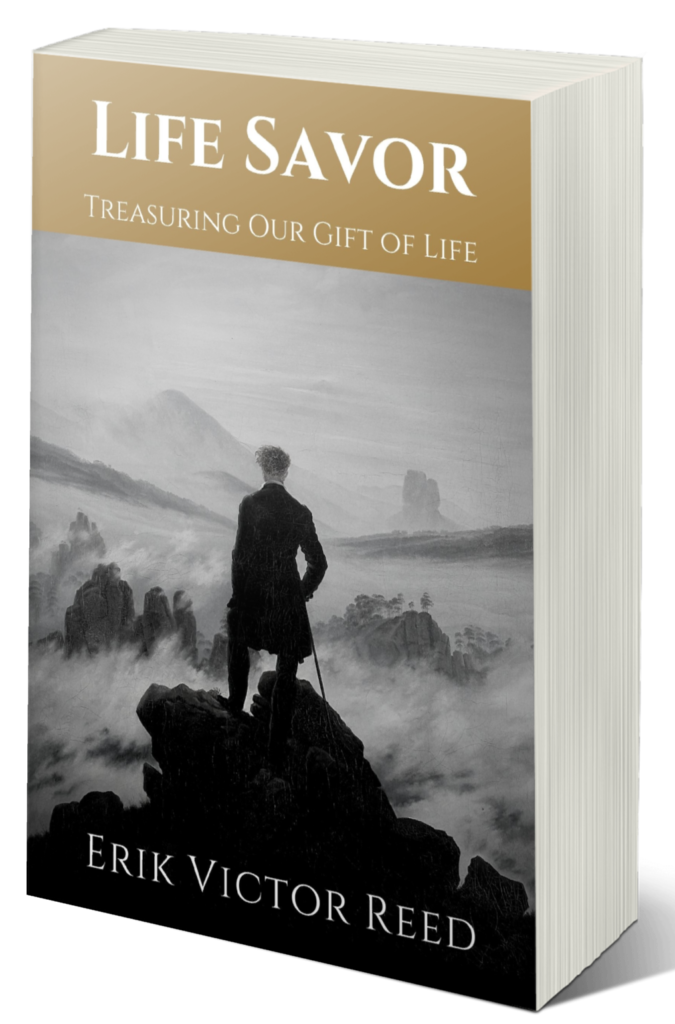Three small braveries that enlarge a life
1) The Courage to Begin Badly
We mythologize beginnings. We imagine first drafts that sing, first workouts that feel powerful, first conversations that unfold without a single awkward beat. Real beginnings are rarely like that. They’re messy. They wobble. They squeak instead of soar.
Starting anyway is a form of bravery. It’s choosing motion over perfection, reality over fantasy. Beginning badly honors the truth that skill grows from practice, not from wishing.
Consider the quiet heroics of a Tuesday night: dishes stacked, a long day behind you, and you still open the notebook. The words that come aren’t good. They don’t need to be. They need to exist.
Or you lace worn shoes and shuffle one slow mile. Not pretty—proof. The point is not to impress a future audience. The point is to tell your present self: I showed up.
What makes this courageous isn’t scale; it’s the choice to be vulnerable. Beginning badly confronts pride. It risks our self-image. But the alternative—protecting our potential forever—starves us of actual growth. The first crooked pot leads to the tenth bowl you actually want on the table. The first shaky “hello” leads to a friendship. The first small step begets a pathway.
Practice prompt: What do you want enough to start it badly? Choose a minimum viable beginning (five minutes, one paragraph, a single email) and do it today. Write the date somewhere you’ll see it. Let it be evidence. It may even motivate your next feeble attempt.
2) The Courage to Speak True and Kind
There’s a kind of courage that never makes headlines: the calm, steady bravery of honest speech delivered with care. Not the performative honesty that scorches. Not the passive politeness that avoids. The middle path: truth with kindness.
This courage is costly because it places the relationship—and your integrity—at the center. You speak up when it would be easier to smooth over. You soften the edges when it would be easier to win the point. You admit the thing you’d rather hide, or you offer the feedback you’d rather dodge, because the other person matters and so does the future of the connection.
Picture a simple scene. You sit across from a colleague and say, “I value working with you, and I need to share something hard because I want us to succeed.”
Or with someone you love: “I’m scared to bring this up, but I care about us more than my comfort.”
In both cases, you’re carrying truth in open hands—no daggers, no theater. The result might be relief, repair, clarity. It might also be a hard night. Either way, you chose respect over resentment, reality over avoidance.
Truth-with-kindness is a muscle. Use it and it strengthens. Neglect it and small fractures widen into walls. The life you want—a life of depth, not performance—depends on this sort of courage.
Practice prompt: What truth have you been repeatedly rehearsing in your head? Draft two sentences that hold both care and clarity. Memorize the first one. Speak it this week.
3) The Courage to Guard the Flame
Modern life is a weather system of demands: pings, meetings, errands, scrolls. In that storm, your attention is a flame. Without protection, it flickers. Without fuel, it fades. Guarding it—saying no, resting on purpose, designing your day around what you value—is courage disguised as logistics.
This is not about productivity for productivity’s sake. It’s about fidelity to what matters. If you’ve decided your craft, your health, your relationships, or your wonder deserve prime hours, then protecting those hours isn’t narcissism; it’s actually a deep and necessary stewardship of your life and soul.
Imagine your ideal morning routine—modest, humane: a page of reading, a page of writing, a quiet cup of coffee outside, ten slow breaths. Now imagine what threatens it: the late-night scroll that steals your rest; the “quick” inbox check that multiplies into an hour; the guilt that says rest must be earned. Guarding the flame means making boundaries that are both sacred and a bit boring: device in another room, calendar blocked without apology, a wind-down ritual that respects tomorrow’s you.
It feels strange at first to defend an hour like you’d defend a friend. But that’s what the hour is: a friend to your future and to yourself. A flame, tended, becomes heat and light. Untended, it becomes smoke.
Practice prompt: Choose one boundary that protects your flame (no phone in bedroom; a standing creative block; a weekly offline walk). Name it, schedule it, defend it for two weeks. Notice what brightens.
The Thread of Small Braveries
Begin badly. Speak true and kind. Guard the flame. Each looks ordinary. None requires a mountaintop or a medal. But together they change the shape of days.
- Beginning badly converts intention into evidence.
- Speaking true and kind converts friction into honest connection.
- Guarding the flame converts scattered attention into steady warmth.
You don’t need spectacular courage to live a larger life. You need reliable courage—practiced in rooms no one photographs. The world will offer you a thousand reasons to delay, to smooth over, to drift. These three braveries answer: not today.
And when bigger risks come—the love that asks more of you, the creation that dares you, the change that calls your name—you won’t be starting from zero. You’ll have practiced on smaller hills. Your legs will know how to climb.
Bringing It Home
A three-step experiment for the next seven days:
- Daily Start: Pick one thing and start it badly for five minutes. Track the chain.
- One Honest Sentence: Identify one conversation and carry one prepared, caring truth into it.
- Protected Hour: Ring-fence sixty minutes for what matters most (creation, learning, care, or wonder). Treat it as non-negotiable.
At week’s end, ask: Did I feel more alive? Not more comfortable—more awake? If yes, keep going. If no, adjust the scale, not the intent. Courage, like strength, grows where it’s trained.
Closing Thought
We wait for courage to feel like fireworks. Most days it’s closer to a steady pilot light—quiet, persistent, ready to ignite what matters. Beginning badly keeps it lit. Speaking true and kind feeds it oxygen. Guarding the flame gives it fuel.
Tend the small braveries and watch your life warm from the inside out.
For more like this, visit the broader project at life-savor.com, or explore the Life Savor book itself.
To learn more about Life Savor’s philosophy,
read Life Savor: Treasuring Our Gift of Life by Erik Victor Reed.








